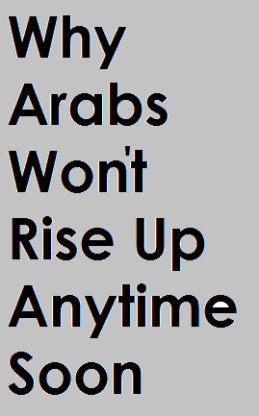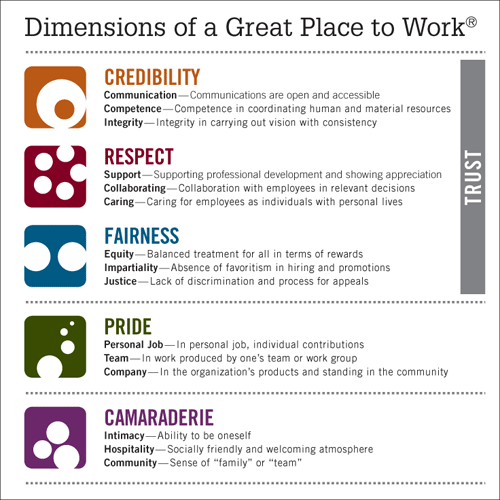Building on my humble knowledge, I get to have some observations and analysis of the world I live in. So here’s one for the day: Arabs won’t rise up anytime soon!
My aim here is not to push you to lose hope on Arabs progress, but rather trying to shed light on certain elements of why are the Arab nations still way behind in terms of technology, economy, civil-rights, and politics, just to name a few.
Yes, I’m an Arab and I sadly got to the conviction that Arabs won’t rise up anytime soon. If you observe how nations grew into world powers you will realize that most of them have two main factors in common: Institutionalization and care for public good. Apparently, those two factors are missing (either one or both) from almost all Arab countries!
We’re mostly an individualistic nation: a nation formed of hundreds of millions of individuals who want to shine individually rather than as a nation. Collaborating together for the common good in a well-structured and institutionalized manner is something perhaps beyond the short-term wins that those individuals perceive.
We dislike systems, processes, policies, procedures, long term goals and the common good when it contradicts with personal gain and hence we try to avoid them as much as we could! So if we can avoid filling a form, not follow a procedure, rule, or policy (or at least get away with it), take a shortcut, or go for a quick win, we’d will go for it.
Examples of what I mean here can be as small as not standing in line whenever there is a queue to not stopping on a red light or following the road signs. It can also be as major as politicians not acting as part of an institution with a system, but rather acting like heads of mafias, bending and changing the rules, the governmental institutions and policies to fit their own needs and desires. The bigger problem is not that they do it, but rather no one actually holds them accountable for what they do. Many people accept such a behavior and thus the issue exacerbates with time. Even with the so-called “Arab Spring” and the people rising to demand for their rights, the same thing was done all over again, “leaders” took charge and bent rules to fit them and their “group”.
Just to be fair, there are some positive deviants from the norm, like in Dubai and Abu Dhabi, where they actually plan years ahead, put systems and policy in place, and do proper enforcement and follow up. In Egypt, though millions go on demonstration, they leave the roads clean and ensure things are properly back in place.
Nevertheless, most of us are always chasing the quick wins, the individual recognitions, the shortcuts and the “what’s in it for me” attitude, at least for the time being. So in a nutshell, we’re mostly an individualistic nation, we produce endless shining stars but not a collaborative galaxy!
My recommendation would be to start learning the following, so we can perhaps start taking baby steps towards progress:
- Willingness to learn, humbleness, and long term strategic planning from the Japanese
- Willingness to put the nation before self, economic agility and discipline from the Chinese
- Structuring and building systems, pragmatic thinking and financial wizardry from the Americans
- Strength and value of team work and communal wellbeing from the Penguins
- Perseverance, discipline and working as one from the Ants
I’m saying all of this not with a perspective of despair but rather a belief that everything is feasible and if we learn to change how we think and act, we can definitely do wonders.
Other Articles That Might Be of Interest:





